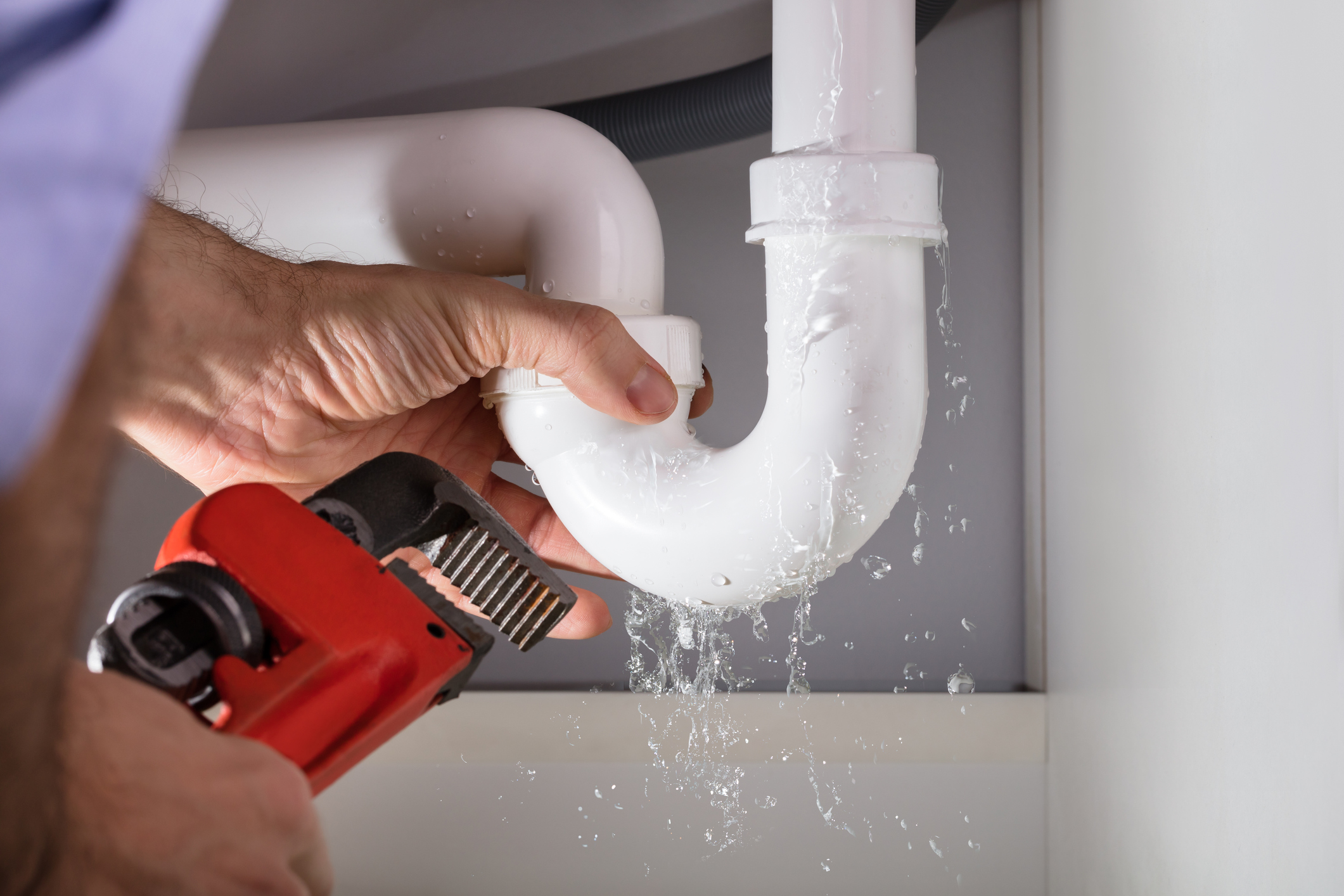CCJ In Heng Insights
Explore the latest trends and insights across diverse topics.
Squeaky Clean Solutions for Everyday Plumbing Woes
Discover expert tips and tricks to conquer everyday plumbing problems with our Squeaky Clean Solutions! Say goodbye to leaks and clogs today!
Top 5 Common Plumbing Problems and How to Fix Them
Plumbing issues can disrupt your daily routine and lead to costly repairs if not addressed promptly. Here are the top 5 common plumbing problems that homeowners face:
- Leaky Faucets: These are not only annoying but can also waste a significant amount of water if left unchecked.
- Clogged Drains: Hair, soap, and food can accumulate over time, leading to slow drainage.
- Running Toilets: A toilet that won’t stop running can indicate a faulty flapper valve or an issue with the fill tube.
- Low Water Pressure: This can be caused by mineral buildup or leaks in the plumbing system.
- Water Heater Issues: Problems like lack of hot water or strange noises often signal underlying issues.
Fortunately, many of these common plumbing problems can be fixed easily without professional help. For instance, to fix a leaky faucet, you can replace the washer or cartridge, which is often a simple DIY task. For clogged drains, a mixture of baking soda and vinegar can work wonders in breaking down debris. Running toilets can be repaired by replacing the flapper or adjusting the float level. If you experience low water pressure, check for any visible leaks or sediment buildup, and consider installing a new faucet aerator. Lastly, for water heater issues, always check the temperature setting and flush the tank if necessary to remove sediment buildup.

The Ultimate Guide to Preventing Plumbing Issues in Your Home
Preventing plumbing issues in your home requires proactive measures and regular maintenance. One of the first steps is to inspect your plumbing system regularly, checking for any signs of leaks, corrosion, or wear. Here are some essential tips to consider:
- Check under sinks for damp spots or water stains.
- Examine your water heater for signs of corrosion.
- Monitor your water bill for any unexplained increases, which could indicate a hidden leak.
Furthermore, you can avoid common plumbing problems by being mindful of what goes down your drains. Use drain screens to catch hair and debris, and avoid flushing anything other than toilet paper. Regularly cleaning your drains with a mixture of baking soda and vinegar can help keep them clear. By taking these simple, yet effective, steps, you can significantly reduce the risk of serious plumbing issues and keep your home running smoothly.
Is Your Sink Draining Slowly? Here’s What You Need to Know
Experiencing a slow-draining sink can be both frustrating and inconvenient. It's essential to identify the root cause to prevent further plumbing issues. Common reasons for this issue include clogged pipes, buildup of grease and food particles, or even mineral deposits from hard water. If left unaddressed, a slow drain can lead to more severe blockages, resulting in higher repair costs and even water damage in your home. Take note of any unusual smells or sounds, as these can be signs of deeper plumbing problems.
To tackle a slow-draining sink, you might first consider running hot water down the drain to help dissolve any grease or soap buildup. If that doesn’t work, using a plumber's snake or a drain cleaner can help remove clogs. In more serious cases, professionals may need to inspect your drainage system. Always remember that regular maintenance is key to preventing slow drainage. A few preventive measures you can take include:
- Using a drain strainer to catch debris
- Avoiding pouring grease down the sink
- Regularly flushing the drain with hot water